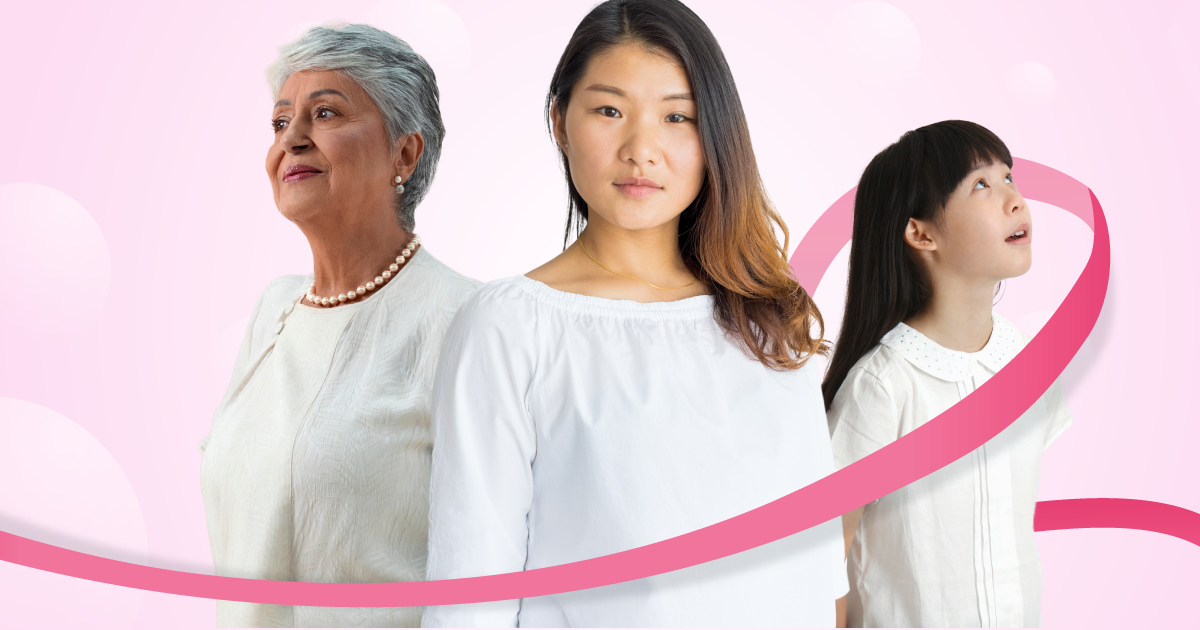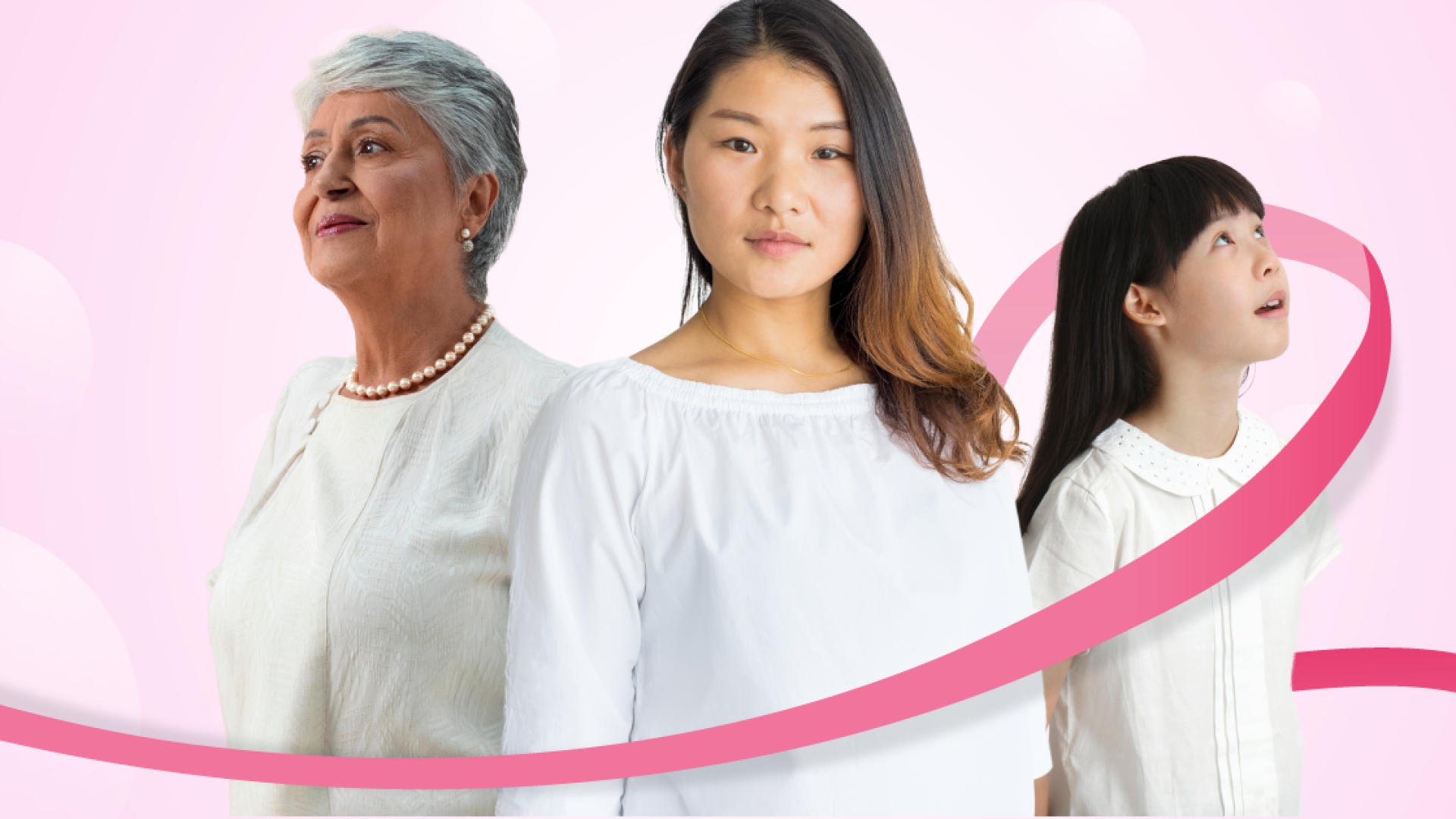October marks Breast Cancer Awareness Month, a time to underscore the importance of education and early detection in combating the disease. In the Philippines, breast cancer is the most common type of cancer, particularly among women of all ages.
Recent reports indicate that out of 86,484 total cancer diagnoses, 27,163 were breast cancer cases. The disease claimed the lives of 9,926 Filipino women, making it the third leading cause of cancer-related deaths in the Philippines. In 2019, the country had the highest breast cancer rate in Asia and ranked ninth globally, underscoring the urgency of addressing this health crisis.

According to the Philippine Cancer Society, 65% of breast cancer cases in the Philippines are diagnosed at advanced stages due to insufficient screening. This underscores the critical need for early detection to improve prevention and management.
Dispelling common misconceptions
Misinformation often delays diagnoses and reduces survival rates, hindering timely screenings and regular check-ups. For example, while many people believe that breast injuries or lumps automatically signal cancer, most injuries heal naturally, and many lumps are benign. It’s essential to consult a physician if a lump persists or if there are noticeable changes in the breast tissue.
Additionally, 42% of Filipinos mistakenly believe that wearing bras, especially underwire bras, causes breast cancer. However, extensive research disproves this myth. Addressing such misconceptions is crucial to encourage early medical consultations.
Understanding risk factors
Identifying risk factors is another essential aspect for breast cancer prevention. According to the I Can Serve Foundation, while the exact causes of breast cancer remain unclear—possibly linked to genetics, environmental toxins, or stress—certain risk factors can increase the likelihood of developing the disease. These include a family history of breast cancer, being overweight, smoking, and alcohol consumption. Other risks are associated with older age (breast cancer is more common after 50), early menstruation (before age 12), late menopause (after 55), not having children before age 35, and prolonged hormonal therapies.
While having one or more of these risk factors does not guarantee the development of breast cancer, awareness allows individuals to take proactive steps in managing their health.
Recognizing early symptoms
Being aware of the symptoms can save lives. Warning signs of breast cancer include persistent lumps, nipple changes such as inversion, unusual discharge, and changes in the breast’s shape, texture, or skin color. Swelling in any part of the breast or lumps in the underarms are also red flags. If you notice any of these symptoms, consult a doctor right away.
Conducting breast self-exams
Regular breast self-exams (BSE) play a critical role in early detection. The I Can Serve Foundation recommends that women begin monthly BSEs at age 20, supplemented by annual clinical breast exams starting at age 30, and yearly mammograms from age 40 onward.
The National Breast Cancer Foundation Inc. outlines three essential steps for a thorough breast self-exam:
- In the Shower: Use the pads of your fingers to check the entire breast and armpit area for lumps or thickening, using varying pressure.
- In Front of a Mirror: Visually inspect your breasts for changes in shape, contour, or skin texture. Then, press your hands on your hips to check for dimpling or puckering.
- Lying Down: Place a pillow under one shoulder and use the opposite hand to examine the breast, using light, medium, and firm pressure. Check the entire breast and armpit area, and gently squeeze the nipple to check for discharge. Repeat on the other side.
Building financial resilience
In addition to these preventive measures, consider financial protection as part of your overall health strategy. Pru Life UK supports women through their health journey with PRUHealth Prime – Select Breast Cancer, an insurance product offering affordable and accessible coverage specifically for breast cancer.
For a one-time payment of as little as Php 150 or Php 425, women aged 25-45 can secure coverage for up to 12 months. To qualify, applicants must be Filipino citizens residing in the Philippines, female, and have no family history or existing indications of breast cancer.




